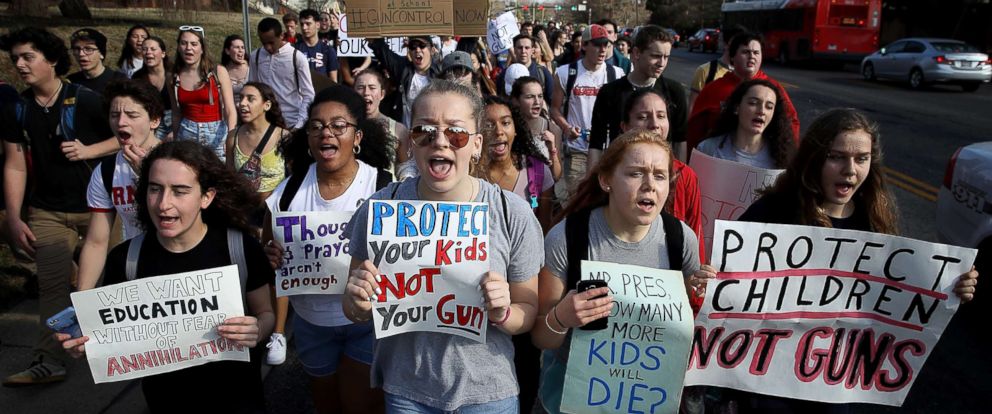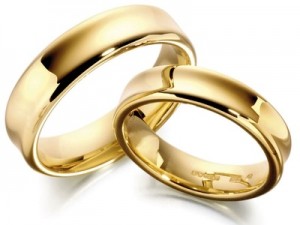
I’m just a plainspoken Colorado criminal defense lawyer, but the way I see it…
My mother was from Texas, so I just hate it when someone from Texas says something so dumbass you start to wonder whether “dumbass” quite covers it.
Curtis Rhodes (no relation to any scholar, or even any scholarship I’m aware of) is the superintendent of the Needville Independent School District. He’s sternly warned his students that if any of them dare protest gun violence, during school hours, they’ll be sorry. Maybe not as sorry as the kids who’ve suffered gun violence all over America, but pretty sorry.
“Please be advised that the Needville ISD will not allow a student demonstration during school hours for any type of protest or awareness!!” Rhodes proclaimed. Never mind that “awareness” is kind of a cornerstone of education.
Rhodes thinks a three-day suspension might concentrate their minds on reading, writing, and whatever other subjects oughtn’t be interrupted by the sounds of kids protesting their sacrifice to the gun lobby, even if the protest is off-campus. He doesn’t mention interruptions that might occur when kids are gunned down in the schools.
He doesn’t mention the Constitution of the United States of America either, which inconveniently protects such protests against administrative punishment. The question of whether students can protest during school hours has been settled law for almost fifty years.
That case, Tinker v. Des Moines Independent Community School District (what is it with independent school districts anyway?) also involved gunfire. High school students in 1965 wanted to show support for a truce in Vietnam over the Christmas season. Kids wore black armbands and vowed to fast on 16 December, when school was in session, and on New Year’s Eve, when it was not.
Those actions terrified the conservative Des Moines principals, who suspended the students. Parents took the quaking administrators to court. Four years later, when all the students had graduated and maybe gone to Vietnam themselves, the United States Supreme Court said, seven to two, free speech outweighs quaking conservative administrators.
Neither students nor teachers, the court held, “shed their constitutional rights to freedom of speech or expression at the schoolhouse gate.”
This isn’t Rhodes’s first rodeo: he’s tried to hogtie students’ rights before. Ten years ago, he suspended a five-year-old Native American boy whose Apache parents refused to cut his hair “to the right point” (Rhodes’s words) on religious grounds. A federal judge ruled against him then.
For an educator, he doesn’t seem to learn his lessons.
He’s not alone. Yesterday, with Rhodes’s students unaffected because on spring break, 900 students in a Chicago school district were marked truant for speaking out, by walking out, against a society that is content to put them, and keep them, in the sights of military-grade weapons. The district promised punishment for all of them.
At least one New York school physically blocked the exits to keep students from demonstrating. Apart from safety issues, that’s a crime punishable under federal law by twenty years in the slammer. Still, if only a few of the teachers had been armed, the whole sorry spectacle could have been avoided altogether with just a few warning shots fired into the air.
A public school spokesperson in Jenks, Oklahoma, said students should have known they would be punished because it’s right there “in our student handbook.” Probably had no idea the United States Constitution trumps all but the most polished of student handbooks.
An Arkansas high school student said the physical paddling he received as punishment for protesting his potential shooting death “left nothing more than a temporary sting on my thighs.” He didn’t mention the permanent stain it’s left on the school district there.
Not all administrators are craven martinets of discipline. Governor Andrew Cuomo of New York not only urged educators not to punish students literally crying out for their lives, but he stood with them, boots on the ground. “To punish or discipline them,” he said, “is inconsistent with the freedom of expression that we cherish. It would say more about the adults imposing discipline than it would about the students who exercised their rights to speak out.”
For those adults, there is only shame.




